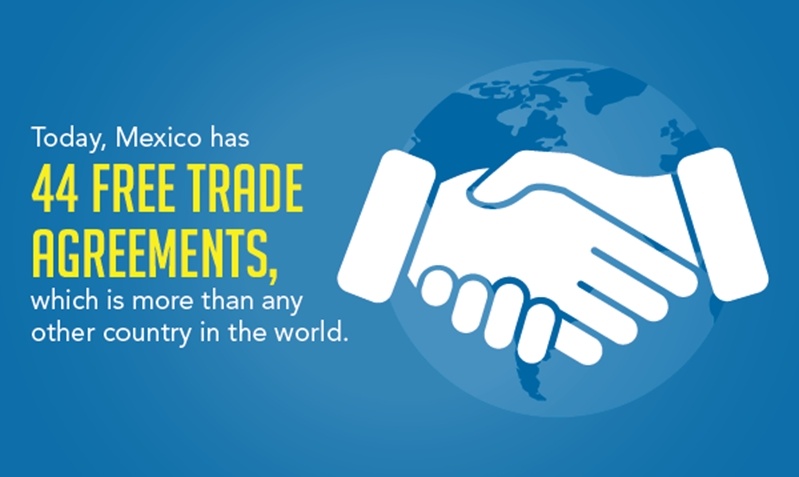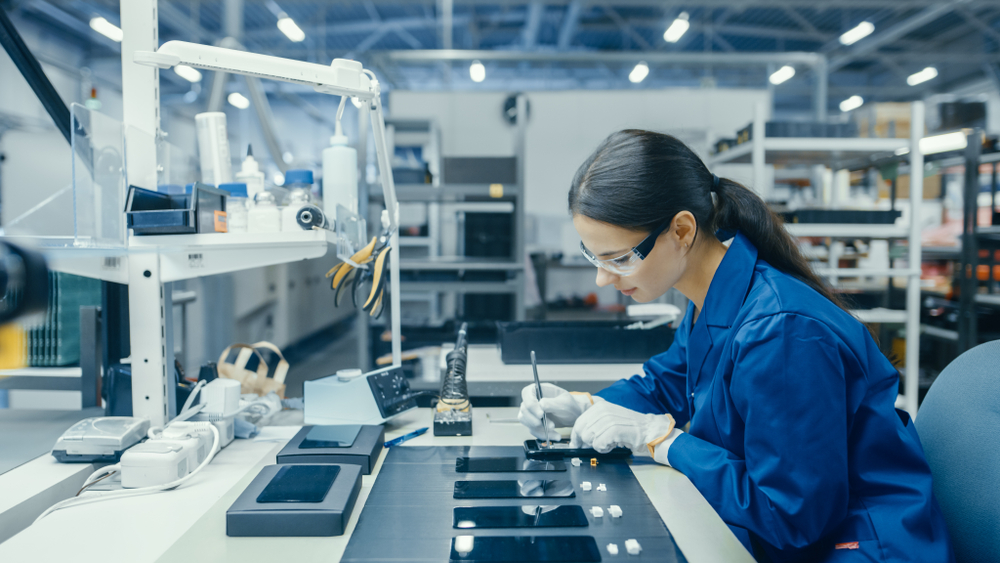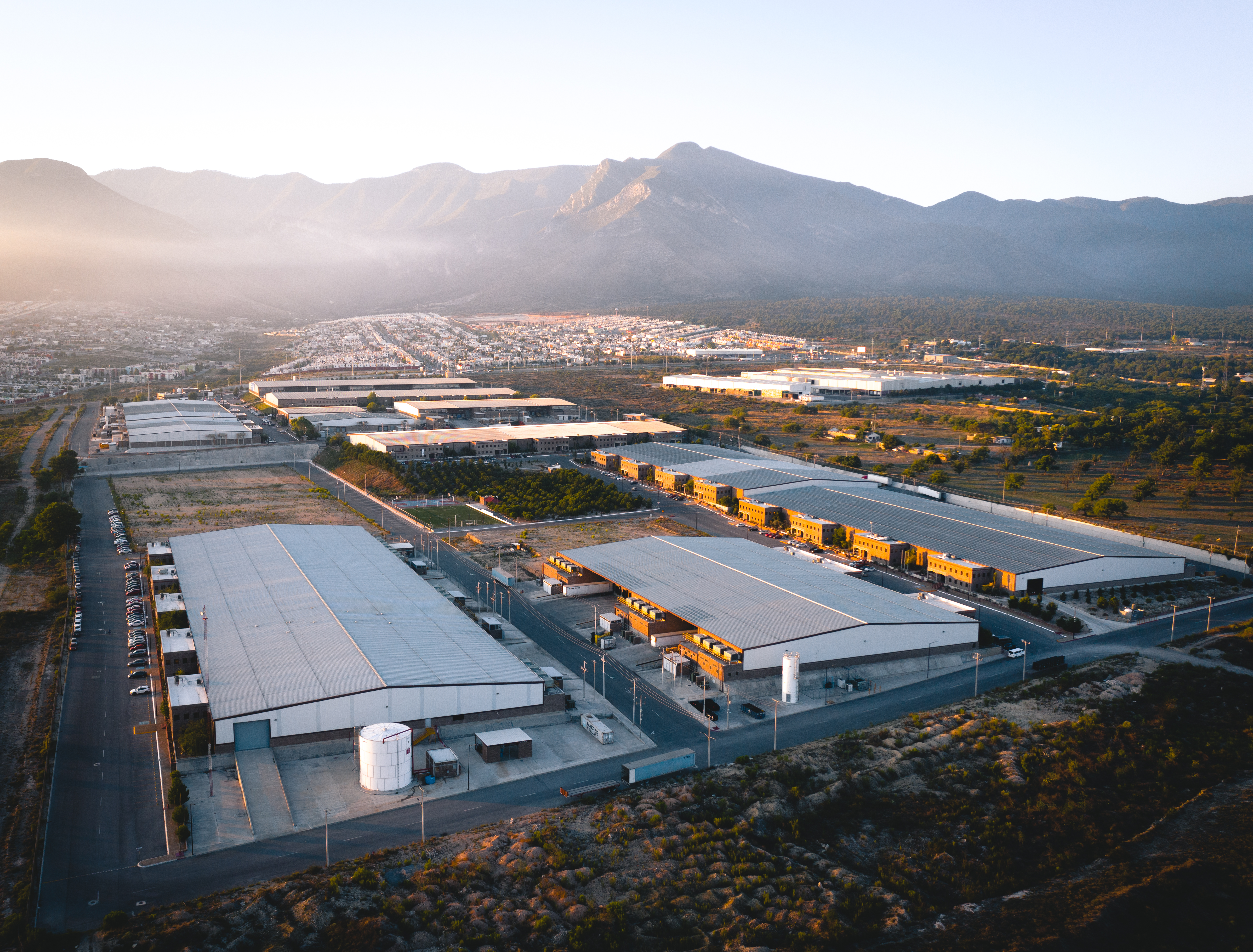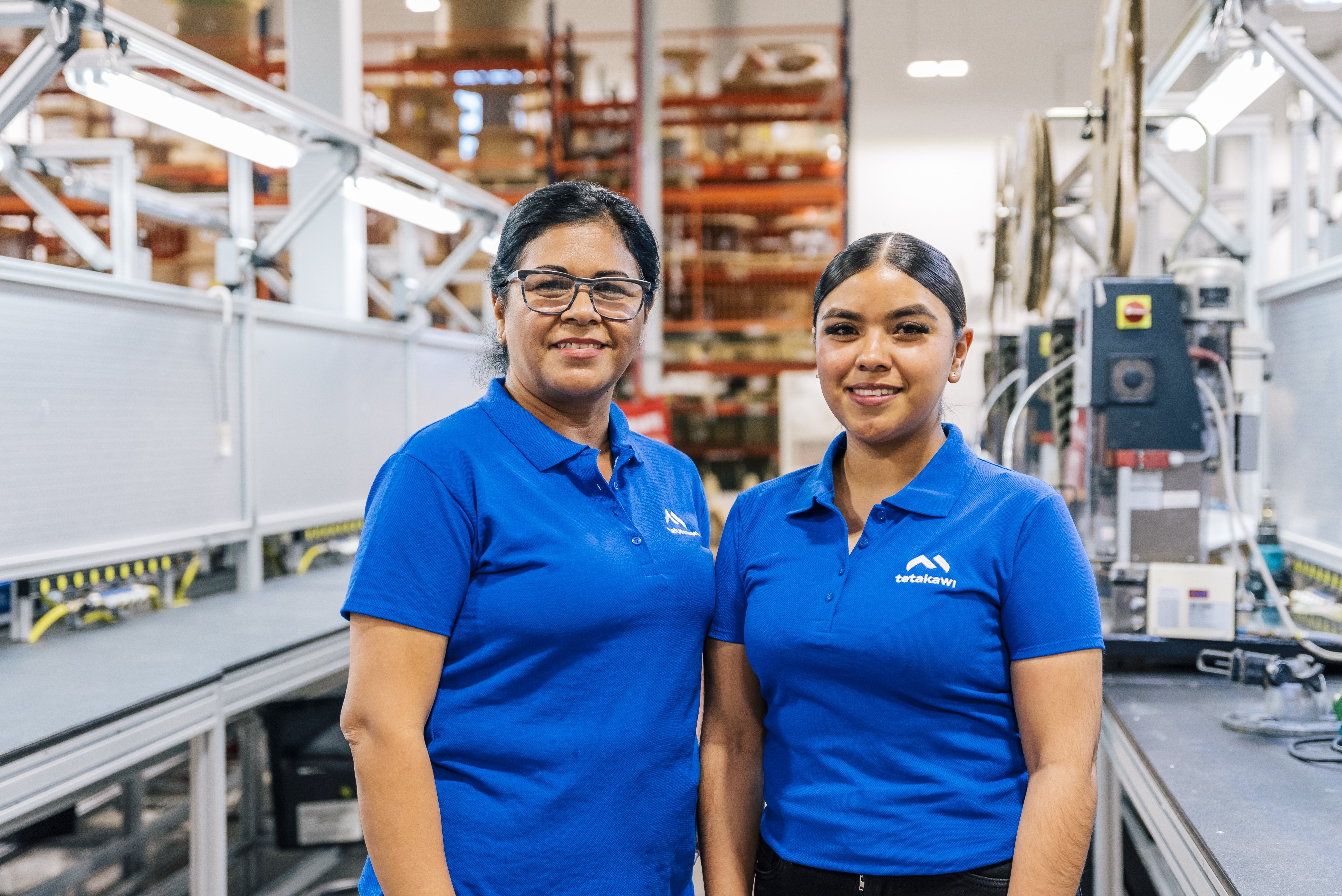The manufacturing sector is booming in Mexico, and the government has played a significant role in fostering this growth through a variety of measures, including capital investment and technology upgrades. According to the Boston Consulting Group, a 2013 report showed Mexican manufacturing exports will increase up to $60 billion annually by 2018, Area Development reported.
As a result, investors such as Bob Cook, president and CEO of the El Paso, Texas-based Cook Strategies Group, view Mexico as a legitimate player in the global manufacturing sector.
"Every trend I look at indicates that rise is going to continue," said Cook.
Beyond its natural advantages - lower transportation and warehousing costs, improved ability to respond to customer demands, control over intellectual property, convenient time zones and cultural similarities with the U.S. - the Mexican government has made way for the growth of the manufacturing sector by taking important steps toward making the the country appealing to businesses and investors.
 The Mexican government has taken steps toward making the country appealing to businesses and investors.
The Mexican government has taken steps toward making the country appealing to businesses and investors.Trade liberalization
Cook also noted that Mexico has aggressively liberalized trade with companies around the world. Today, Mexico has 44 free trade agreements, which is more than any other country in the world. These free trade agreements allow manufacturers in Mexico to export their products worldwide without the crippling duty costs. The Wall Street Journal reported the wave of investment that has resulted from Mexico's free trade agreements has turned the country into the world's seventh-largest producer of cars and fourth-largest exporter of cars.
Modernizing business with educational opportunities
Beyond the country's expansive free trade policies, Mexico has diligently worked to modernize the country's business climate. Part of this modernization process has been the willingness of the Mexican government to invest in education. The United States Embassy in Mexico noted almost 100,000 more Mexicans earn engineering degrees annually than Canadians and Germans, Area Development noted.
Mexico has also worked to make educational opportunities more accessible to its citizens by doubling its number of public two-year colleges and four-year university. With the manufacturing sector growing within the country's borders, the Mexican government has financed 120 new colleges and universities that emphasize science and engineering. As a result, manufacturers in Mexico have greater access to skilled labor and an educated population.
Improved infrastructure
Mexico has also taken great strides to improve its infrastructure to help the manufacturing industry flourish. The Mexican government has made it a priority to improve the country's roads, bridges and utility infrastructure in order to expedite the flow of goods. Bloomberg Business reported Comision Federal de Electricidad, Mexico's state-owned power company, expects $16.6 billion will be spent on infrastructure including pipelines and power projects in order to welcome outside investment.
Mexico has also been keen on improving mobility within its borders in order to fuel business interests and growth. Earlier in 2015, AT&T announced plans to invest $3 billion to extend its high-speed mobile Internet service to Mexico, Area Development reported. The network is expected to cover 100 million consumers and businesses by the end of 2018.
Subscribe
Sign up and stay informed with tips, updates, and best practices for manufacturing in Mexico.





